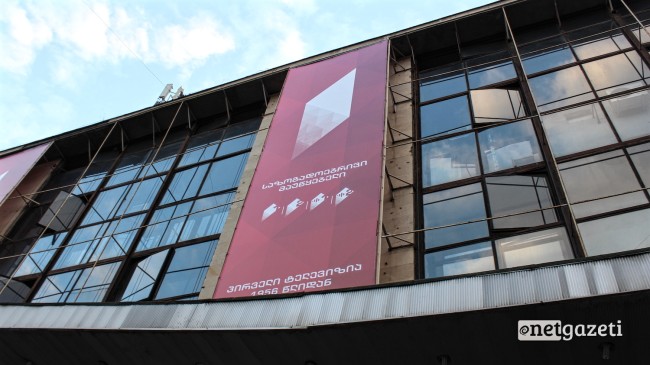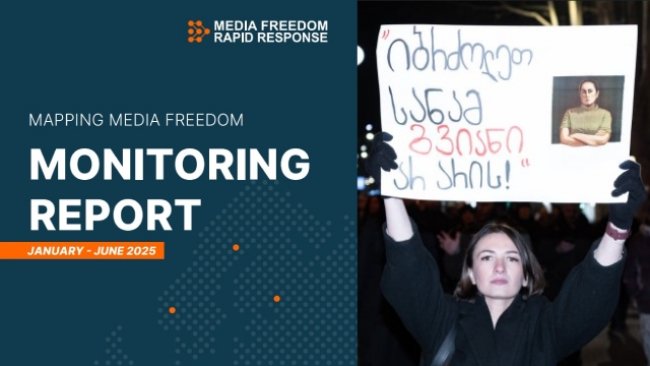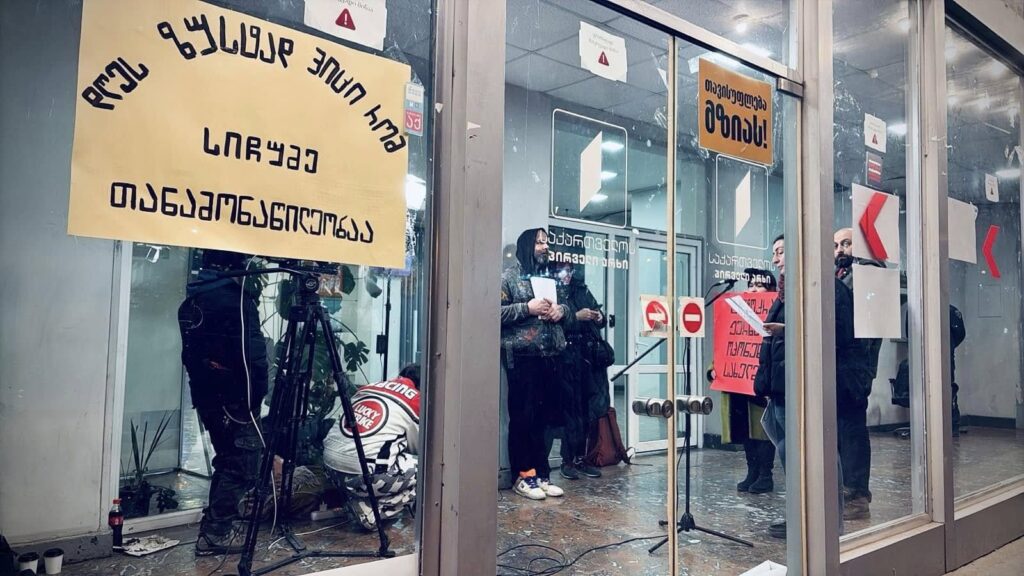The importance of the public broadcaster in Georgia has grown significantly against the backdrop of a polarized media environment. The Georgian Public Broadcaster (GPB) and its regional counterpart, Adjara TV, are expected to serve as independent, impartial sources of information for the public.
The independence of the public broadcaster is guaranteed by the Constitution of Georgia, which mandates that its programs should be impartial, objective, and pluralistic, serving the public interest and promoting democratic discourse. However, recent events and legislative changes suggest an increasing government influence over the broadcaster, a trend that MAC considers alarming.
Political interference in Georgia’s public broadcasting has increasingly threatened the independence and credibility of media outlets such as the GPB and Adjara TV. Legislative changes initiated and supported by the ruling party, particularly the amendments to the Law on Broadcasting, aim at centralizing control in ways that undermine the foundational principles of impartiality and accountability.
Recently, the ruling party, Georgian Dream, initiated legislative changes aimed at expanding its control over television, including the abolition of the Advisory Board of Adjara TV and modifications to the broadcaster’s funding model. These decisions were not subjected to public discussion or broad consensus.
Furthermore, the management of the broadcaster displays a lack of accountability to the public and to members of its Board of Trustees who do not exhibit government loyalty. A notable instance of this is the closure of programs and financial restructuring, which some board members only learned about after the decisions had been made.
In October, 2023 the Parliament adopted changes to the Law on Broadcasting through accelerated procedures, without extensive public discussion. These changes transfer the oversight of hate speech and obscenity from self-regulation by the media to regulation by the National Communications Commission, which will have the authority to investigate these issues and impose sanctions. This shift in power is viewed as an increased risk of disproportionately restricting freedom of expression and interfering with critical media organizations, potentially leading to punitive actions against them.
”Changes to the Law on Broadcasting that were adopted by the Georgian Dream further deteriorate the already deteriorated standard of freedom of speech and expression and create additional risks of exerting influence on broadcasters“
”Private media continued to demonstrate sharp polarization and bias in coverage, while the public broadcaster did not ensure editorial independence and impartiality”
”Despite legal and financial guarantees, these institutions have failed to establish themselves as trusted leading media outlets in the country”
TI Georgia, 2020



